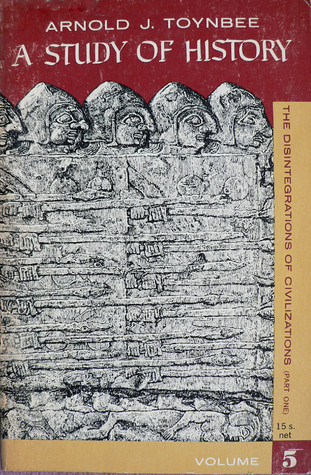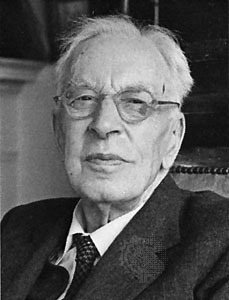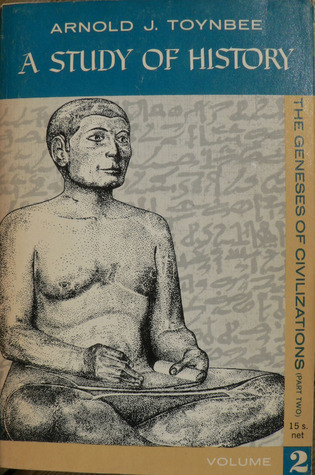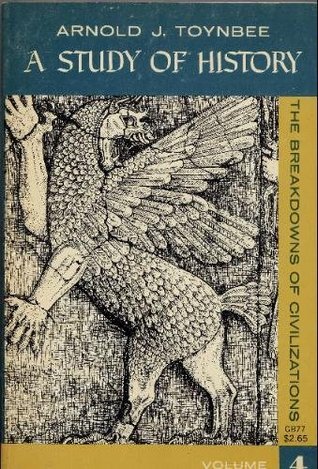
Part of Series
Arnold Toynbee writes: The first three volumes of this work deal with the birth and growth of civilizations; the present three deal with their breakdown and disintegration. Why have some civilizations broken down in the past? I do not believe that civilizations are fated to break down, or that they have a fixed maximum life-span, as organisms have. On this point—and it is one of capital importance—I differ from that great man of genius, Oswald Spengler. I do not believe, either, that civilizations break down through being worsted by their environment. I believe that, when they do break down, the cause is, not some blow from outside, but some inward spiritual failure—some kind of demoralization to which we human beings are not bound to succumb and for which we ourselves therefore bear the responsibility. We can become demoralized by success. This may make us lazy or self-satisfied or conceited. We may be intoxicated with the pride that goes before a fall.
Author

The British historian Arnold Joseph Toynbee was born in London on 14 April 1889 and died on 22 October 1975 in York, North Yorkshire, England. He was educated at Winchester College and Balliol College, Oxford. He was the nephew of economic historian Arnold Toynbee, with whom he is sometimes confused. His first marriage to Rosalind Murray, with whom he had three sons, ended in divorce in 1946. Professor Toynbee then married Veronica M. Boulter, his research assistant. From 1919 to 1924 Arnold J. Toynbee was professor of modern Greek and Byzantine history at King's College, London. From 1925 until 1955 Professor Toynbee served as research professor and Director of Studies at the Royal Institute of International Affairs. During both world wars he worked for the British Foreign Office. He was a delegate to the Paris Peace Conference in 1919. While Professor Toynbee's Gifford Lectures were published as An Historian's Approach to Religion (1956) he is best known for his 12-volume A Study of History (1934-1961). This massive work examined the growth, development and decay of civilizations. He presented history as the rise and fall of civilizations rather than nation-states or ethnic groups. According to his analysis of civilizations the well-being of a civilization depends on its ability to deal successfully with challenges. Professor Toynbee oversaw the publication of The Survey of International Affairs published by Oxford University Press under the auspices of the Royal Institute of International Affairs from 1925 to 1977. In addition to A Study of History among his numerous publications are the following: Nationality and the War (1915), The Armenian Atrocities: The Murder of a Nation (1915), The German Terror in France: An Historical Record (1917), Turkey, a Past and a Future (1917), The Conduct of British Empire Foreign Relations since the Peace Settlement (1928), Civilization on Trial (1948), Christianity among the Religions of the World (1958), Democracy in the Atomic Age (1957), and Between Niger and Nile (1965).


